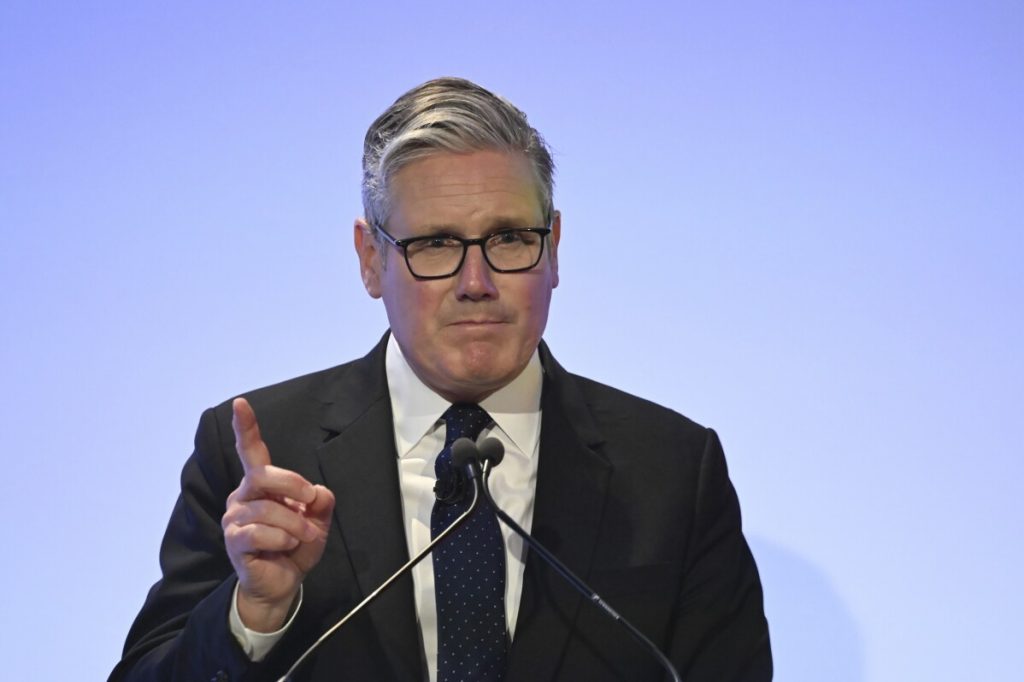Irish Rap Group Kneecap’s Controversial Glastonbury Gig Exposes Political and Security Blind Spots
Irish rap trio Kneecap, with a member charged under the Terrorism Act, faces political backlash yet still headlines at Glastonbury. This exposes troubling contradictions in how culture, security, and politics collide.

The decision to allow Irish-language rap group Kneecap to perform at one of Britain’s largest and most prestigious music festivals — Glastonbury — despite serious allegations against a band member under the Terrorism Act raises critical questions about national security priorities and political posturing.
Liam Óg Ó hAnnaidh, known as Mo Chara, who recently faced terror charges related to displaying a Hezbollah flag during a London concert, remains on unconditional bail pending further hearings. Yet, this serious legal matter has not barred the band from showcasing their politically charged performances before hundreds of thousands of attendees and potentially millions more through broadcast platforms.
Political Pressure Meets Cultural Controversy
The Belfast trio’s rise is rooted in reviving Northern Ireland’s Irish-language scene, but their provocative lyrics laden with expletives, drug references, and open embraces of contentious political symbolism have stirred deep unease among British politicians.
Prime Minister Keir Starmer publicly questioned the appropriateness of providing Kneecap a platform at a taxpayer-attended festival. Conservative leader Kemi Badenoch went further by calling out the publicly funded BBC for allegedly broadcasting what she terms “Kneecap propaganda.” These voices reflect growing impatience with cultural tolerance that blurs lines between free expression and potential endorsement of extremist groups.
Blurred Lines Between Art and Support for Terror Groups
Though band members deny supporting Hezbollah or Hamas or endorsing violence outright, footage showing them chanting support for these organizations cannot be dismissed lightly. The distinction between satire or artistic license and actual promotion of terrorist sympathies must be clear — especially on stages with global visibility.
Dismissing this controversy as mere political censorship ignores the real risk of normalizing radical ideologies under the guise of cultural expression. It also challenges how Western institutions prioritize security versus inclusion.
A Call for Clear Standards in Public Platforms
The Kneecap case exemplifies wider concerns about how governments and media outlets navigate politically sensitive content that intersects with issues of terrorism. There must be firmer standards ensuring that public funds or venues do not inadvertently become megaphones for divisive or extremist views.
Glastonbury’s role as an iconic festival should not come at the expense of national security vigilance. Allowing acts tethered to terror investigations without transparent review risks undermining public trust in both cultural institutions and government oversight.
Conclusion
Kneecap’s presence at Glastonbury spotlights uncomfortable truths about political correctness sidelining national security safeguards. It invites all Americans committed to freedom and sovereignty to demand accountability from leaders who tolerate such ambiguities under pressure from activist agendas.
